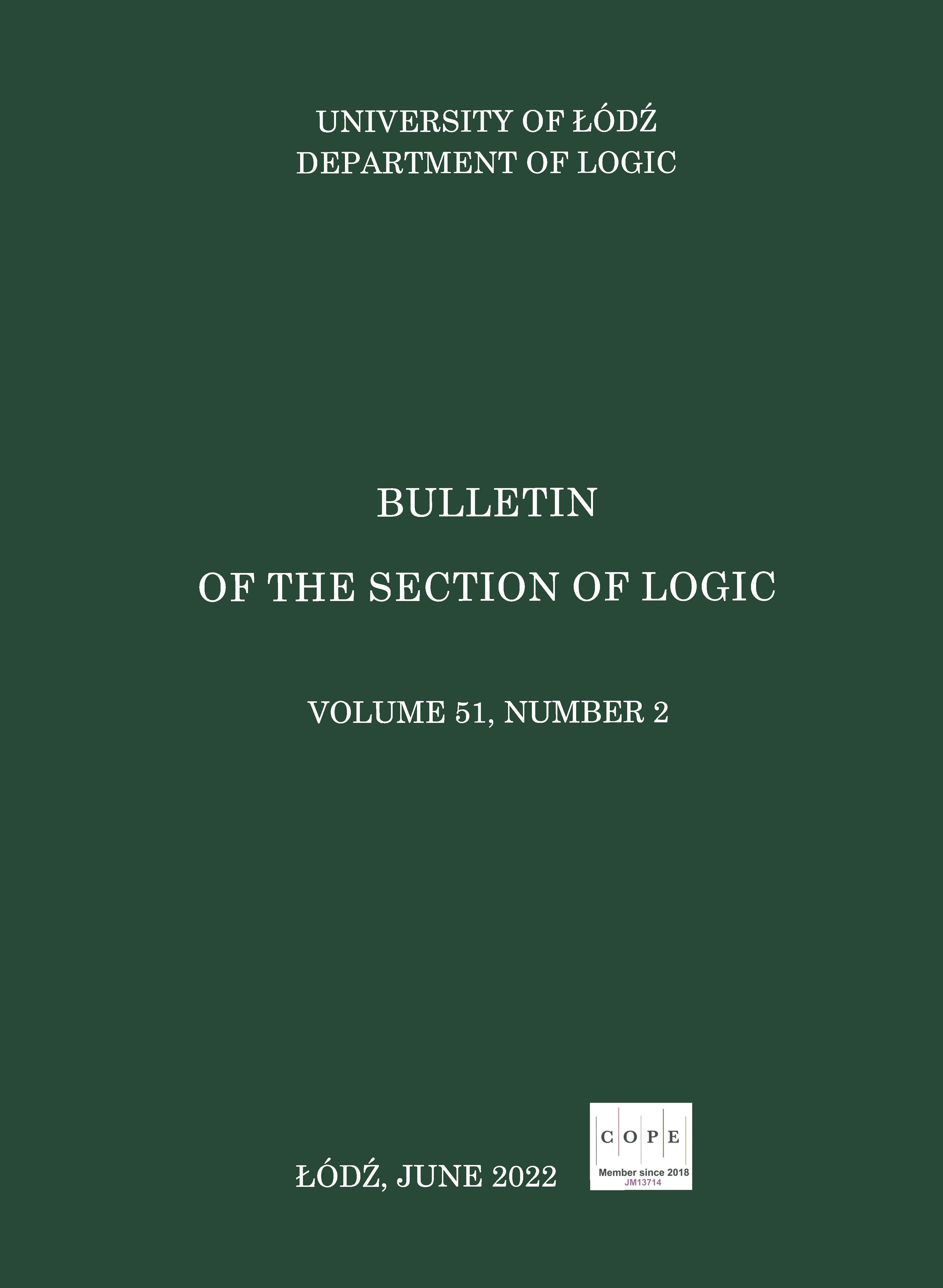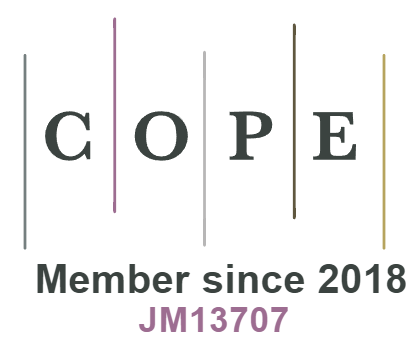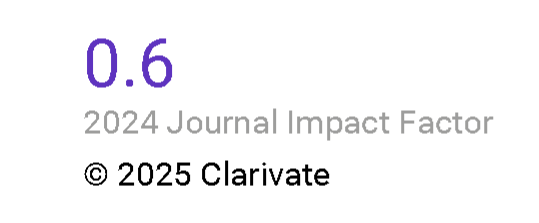A Variant of Material Connexive Logic
DOI:
https://doi.org/10.18778/0138-0680.2021.24Keywords:
many-valued logics, connexive logic, four-valued logic MC, informal reasoningAbstract
The relationship between formal (standard) logic and informal (common-sense, everyday) reasoning has always been a hot topic. In this paper, we propose another possible way to bring it up inspired by connexive logic. Our approach is based on the following presupposition: whatever method of formalizing informal reasoning you choose, there will always be some classically acceptable deductive principles that will have to be abandoned, and some desired schemes of argument that clearly are not classically valid. That way, we start with a new version of connexive logic which validates Boethius’ (and thus, Aristotle’s) Theses and quashes their converse from right to left. We provide a sound and complete axiomatization of this logic. We also study the implication-negation fragment of this logic supplied with Boolean negation as a second negation.
References
A. Belikov, Peirce’s Triadic Logic and Its (Overlooked) Connexive Expansion, Logic and Logical Philosophy, vol. 30(3) (2021), pp. 535–559, DOI: https://doi.org/http://dx.doi.org/10.12775/LLP.2021.007
Google Scholar
DOI: https://doi.org/10.12775/LLP.2021.007
N. D. Belnap, A Useful Four-Valued Logic, [in:] J. M. Dunn, G. Epstein (eds.), Modern Uses of Multiple-Valued Logic, vol. 2 of Episteme (A Series in the Foundational, Methodological, Philosophical, Psychological, Sociological, and Political Aspects of the Sciences, Pure and Applied), Springer Netherlands, Dordrecht (1977), pp. 5–37, DOI: https://doi.org/10.1007/978-94-010-1161-7_2
Google Scholar
DOI: https://doi.org/10.1007/978-94-010-1161-7_2
N. D. Belnap, How a Computer Should Think, [in:] H. Omori, H. Wansing (eds.), New Essays on Belnap-Dunn Logic, Springer International Publishing, Cham (2019), pp. 35–53, DOI: https://doi.org/10.1007/978-3-030-31136-0_4
Google Scholar
DOI: https://doi.org/10.1007/978-3-030-31136-0_4
J. Cantwell, The Logic of Conditional Negation, Notre Dame Journal of Formal Logic, vol. 49(3) (2008), pp. 245–260, DOI: https://doi.org/10.1215/00294527-2008-010
Google Scholar
DOI: https://doi.org/10.1215/00294527-2008-010
W. Cooper, The Propositional Logic of Ordinary Discourse, Inquiry, vol. 11(1-4) (1968), pp. 295–320, DOI: https://doi.org/10.1080/00201746808601531
Google Scholar
DOI: https://doi.org/10.1080/00201746808601531
J. M. Dunn, Intuitive semantics for first-degree entailments and ‘coupled trees’, Philosophical Studies, vol. 29(3) (1976), pp. 149–168, DOI: https://doi.org/10.1007/BF00373152
Google Scholar
DOI: https://doi.org/10.1007/BF00373152
P. Egré, G. Politzer, On the negation of indicative conditionals, [in:] M. Aloni, M. Franke, F. Roelofsen (eds.), Proceedings of the 19th Amsterdam Colloquium (2013), pp. 10–18, URL: http://events.illc.uva.nl/AC/AC2013/uploaded_files/inlineitem/02_Egre_Politzer.pdf
Google Scholar
L. Estrada-González, The Bochum Plan and the foundations of contra-classical logics, CLE e-Prints, vol. 19(1) (2020), pp. 1–22.
Google Scholar
L. Estrada-González, E. Ramirez-Cámara, A Comparison of Connexive Logics, IfCoLog Journal of Logics and their Applications, vol. 3 (2016), pp. 341–355.
Google Scholar
S. McCall, A History of Connexivity, [in:] D. Gabbay (ed.), Handbook of the History of Logic, vol. 11, Elsevier (2012), pp. 415–449.
Google Scholar
DOI: https://doi.org/10.1016/B978-0-444-52937-4.50008-3
E. Mendelson, Introduction to Mathematical Logic (1987), DOI: https://doi.org/10.1007/978-1-4615-7288-6
Google Scholar
DOI: https://doi.org/10.1007/978-1-4615-7288-6
G. Olkhovikov, On a New Three-Valued Paraconsistent Logic, [in:] Logic of Law and Tolerance, Ural University Press (2002), pp. 96–113.
Google Scholar
H. Omori, From Paraconsistent Logic to Dialetheic Logic, [in:] H. Andreas, P. Verdée (eds.), Logical Studies of Paraconsistent Reasoning in Science and Mathematics, vol. 45 of Trends in Logic (Studia Logica Library), Springer (2016), pp. 111–134.
Google Scholar
DOI: https://doi.org/10.1007/978-3-319-40220-8_8
H. Omori, A Simple Connexive Extension of the Basic Relevant Logic BD, IfCoLog Journal of Logics and their Applications, vol. 3(3) (2016), pp. 467–478.
Google Scholar
H. Omori, Towards a bridge over two approaches in connexive logic, Logic and Logical Philosophy, vol. 28(3) (2019), pp. 553–556, DOI: https://doi.org/10.12775/llp.2019.005
Google Scholar
DOI: https://doi.org/10.12775/LLP.2019.005
H. Omori, H. Wansing, An Extension of Connexive Logic C, [in:] N. Olivietti, R. Verbrugge, S. Negri, G. Sandu (eds.), Advances in Modal Logic, vol. 13, College Publications, Rickmansworth (2020), pp. 503–522.
Google Scholar
S. Rahman, On Hypothetical Judgements and Leibniz’s Notion of Conditional Right, [in:] M. Armgardt, P. Canivez, S. Chassagnard-Pinet (eds.), Past and Present Interactions in Legal Reasoning and Logic, Springer International Publishing, Cham (2015), pp. 109–167, DOI: https://doi.org/10.1007/978-3-319-16021-4_7
Google Scholar
DOI: https://doi.org/10.1007/978-3-319-16021-4_7
H. Wansing, Connexive Modal Logic, [in:] R. Schmidt (ed.), Advances in Modal Logic, vol. 5, College Publications (2005), pp. 367–383.
Google Scholar
H. Wansing, Connexive Logic, [in:] E. N. Zalta (ed.), The Stanford Encyclopedia of Philosophy, spring 2021 ed., Metaphysics Research Lab, Stanford University (2021), URL: https://plato.stanford.edu/archives/spr2021/entries/logic-connexive/
Google Scholar
H. Wansing, D. Skurt, Negation as Cancellation, Connexive Logic, and qLPm, The Australasian Journal of Logic, vol. 15(2) (2018), pp. 476–488, DOI: https://doi.org/10.26686/ajl.v15i2.4869
Google Scholar
DOI: https://doi.org/10.26686/ajl.v15i2.4869
Y. Weiss, Semantics For Pure Theories of Connexive Implication, The Review of Symbolic Logic, (2020), pp. 1–16, DOI: https://doi.org/doi:10.1017/S1755020320000374
Google Scholar
DOI: https://doi.org/10.1017/S1755020320000374
Downloads
Published
How to Cite
Issue
Section
License

This work is licensed under a Creative Commons Attribution-NonCommercial-NoDerivatives 4.0 International License.















